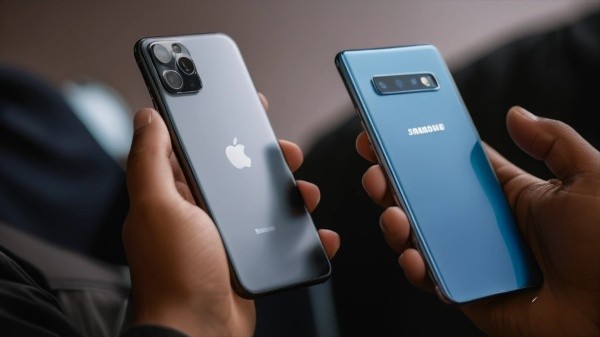According to a report by news outlet 404 Media, leaked documents intended for the customers of the Israeli digital intelligence company Cellebrite suggest that Android-based phones may be more susceptible to hacking than iPhones. This revelation has raised concerns about the privacy and security of cellphone users, especially in the wake of recent events involving the FBI gaining access to a suspect's phone.
The FBI's successful access to a suspect's phone, without disclosing the specific device used, has brought the issue of cellphone privacy to the forefront. Reports over the past few years have indicated that thousands of individuals, including politicians, journalists, activists, and business figures, have had their phones compromised using the Israeli spyware program Pegasus. Once installed, this software potentially allows hackers to access messages, photos, track the user's location, and even remotely activate the camera and microphone without the owner's knowledge.
404 Media claimed that an anonymous source recently provided two leaked documents from April, titled "Cellebrite iOS Support Matrix" and "Cellebrite Android Support Matrix." These documents, reportedly intended for Cellebrite's clients, were not meant to be made public. The Israeli digital intelligence company provides its tools to law enforcement agencies, companies, and service providers, and according to the leaked documents, Cellebrite faced challenges in hacking modern iPhones as of April 2024.
Regarding Cellebrite's ability to access devices using different mobile operating systems, one of the leaked documents suggested that tools to hack phones based on iOS 17.4 or newer versions were still "In Research," indicating that Cellebrite's tools might not necessarily unlock them. However, for iOS 17.1 to 17.3.1, the documents indicated that Cellebrite could access the iPhone XR and iPhone 11 series, released in 2018 and 2019, respectively.
In contrast, the leaked document focusing on Android-based devices suggested that Cellebrite could hack most of them, except for specific models like the Google Pixel 6, 7, or 8 smartphones, which reportedly remained inaccessible when switched off.
The authenticity of the leaked documents was confirmed by Cellebrite in a statement to 404 Media. Victor Ryan Cooper, the firm's senior director for corporate communications and content, emphasized that Cellebrite does not openly advertise its updates to prevent malicious actors from gaining information that could aid their criminal activities.
These revelations have sparked further discussions about the vulnerabilities of different mobile devices and the implications for user privacy and security in an increasingly digital world.








